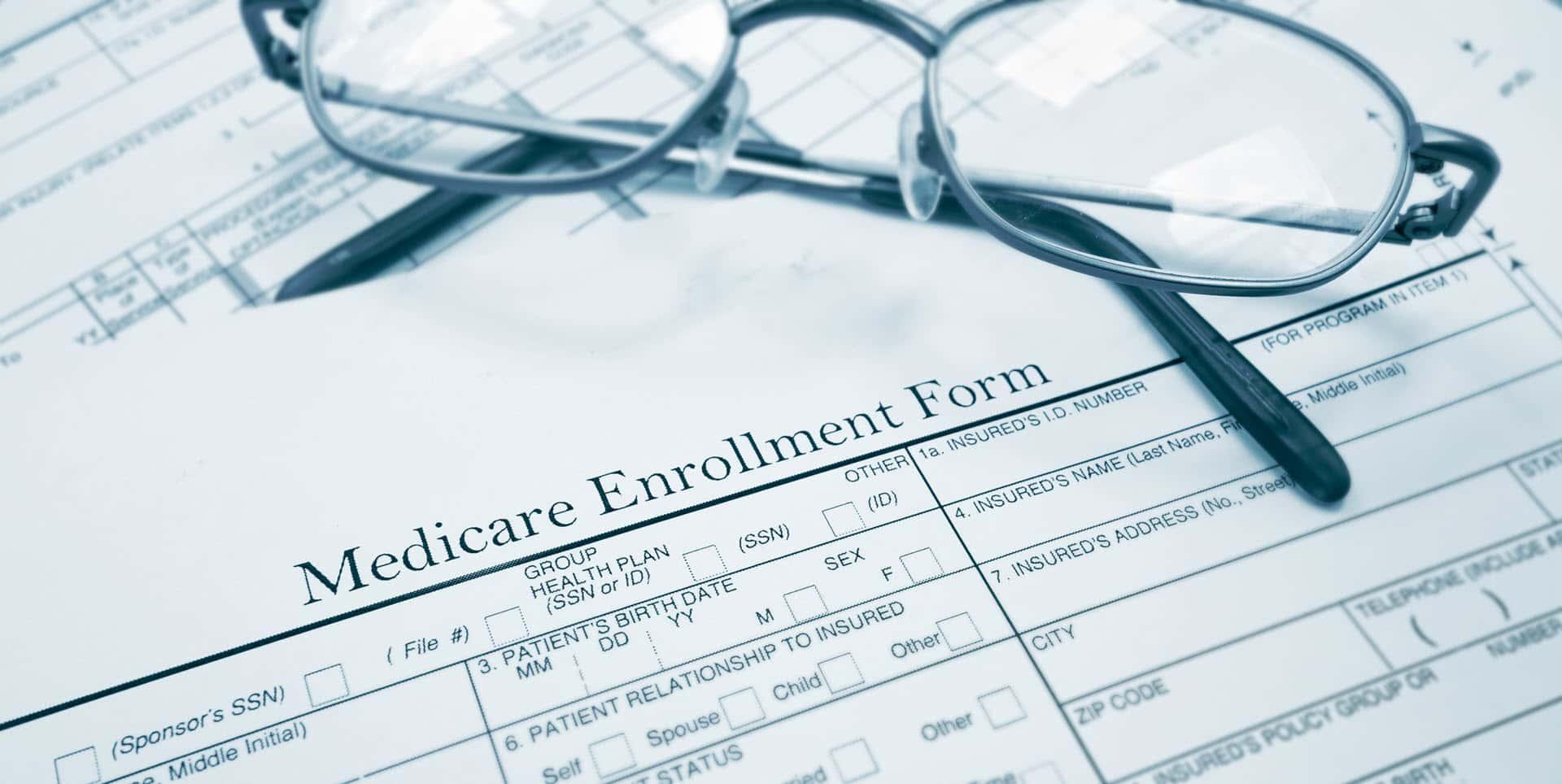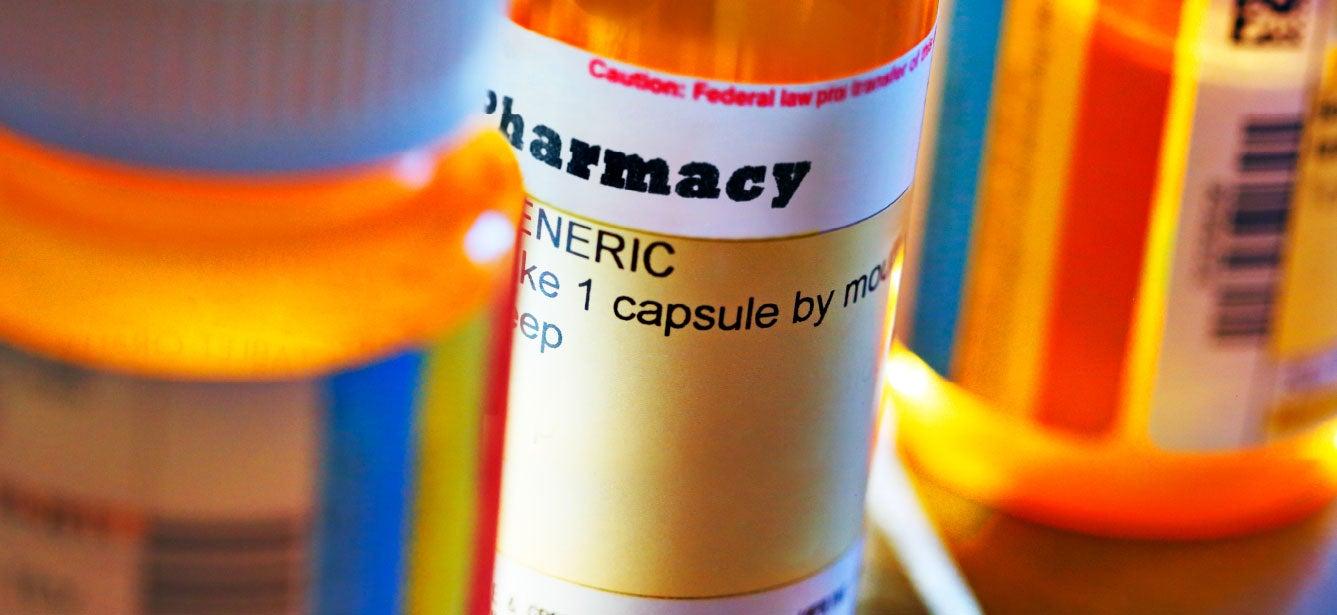
While Medicare covers many health care expenses for adults age 65 and older, it does come with some out-of-pocket costs in the form of premiums, copayments, coinsurance, and deductibles. These costs can mount quickly, especially if you have a chronic health condition or experience a major injury or illness.
Fortunately, the Medicare Savings Programs (MSPs) can help reduce some OOP Medicare costs for older adults living on a low or fixed income. Four Medicaid-sponsored MSPs are available. One of these is the Qualifying Individual (QI) program.
What is the Qualifying Individual program?
The QI program covers the Medicare Part B premium for people with limited income and assets. A premium is a set monthly amount you pay for Medicare and other types of insurance, even if you never use your coverage during the policy period. Although QI will pay your Part B premium if you qualify, it won’t affect your Part A premium. However, most people do not pay a monthly premium for Part A coverage. That means if you have QI and receive Part A premium-free, your total monthly premium for Original Medicare is $0.
QI also does not affect your Medicare Advantage (Part C) or Medigap plan, if you have one or choose to purchase one. This MSP only applies to Original Medicare (Parts A and B).
What are the benefits of QI?
The main benefit of QI is saving money by not having to pay the Part B monthly premium. This cost for most people in 2023 is $164.90, resulting in savings of $1,978.80 per year. If you qualify for QI, this money stays in your monthly Social Security check instead of getting deducted every month. You’ll have that much more to spend on essentials like groceries, housing, utility bills, and other day-to-day living expenses.
You could also receive retroactive reimbursement for your Part B premiums. This means Medicaid may pay you back for any Part B premiums you paid (through your Social Security check) up to three months before your QI enrollment effective date. You can only be reimbursed for premiums paid the same calendar year of your QI coverage, not the previous year. Also, to get reimbursed, you must have met eligibility guidelines for QI during those months.
In addition, if you have QI, you automatically qualify for the Medicare Part D Low Income Subsidy (LIS/Extra Help) program. Most people who get Extra Help pay no premiums or deductibles for their drug plan. They also pay no more than $10.35 in 2023 for each drug covered under their Part D plan. Beyond lower OOP costs, Extra Help offers the benefit of a quarterly Special Enrollment Period during which you can join or switch drug plans. You also do not have to pay an enrollment penalty if you enroll late in Part D.
The Social Security Administration estimates the value of Extra Help to be $5,300 a year per beneficiary.
Who qualifies for QI?
To be enrolled in the QI Medicare Savings Program, you must qualify for or be enrolled in both Part A and Part B. You must also have income and assets that fall below a certain limit. These limits are based on the Federal Poverty Guidelines (FPG) and change every year (new limits are released each January). If you are eligible for Medicaid, you cannot get help from the QI program—but you may qualify for another one of the MSPs.
Most U.S. states use the general income and asset guidelines below to determine QI eligibility. However, some states may set higher income limits or remove asset requirements altogether. Your state Medicaid agency may not use the current year's guidelines until after the Centers for Medicare & Medicaid Services publish them in March or April.
A breakdown of general QI eligibility information for 2023
|
Monthly Income Limit |
Asset Limit |
| (between 121-135% FPG/+ $20 income disregard per household) | (e.g., real estate, retirement accounts, and savings and checking accounts) |
|
$1,640/$1,660 if single $2,219/$2,239 if married |
$9,090 if single $13,630 if married |
|
Alaska $2,049/$2,069 if single $2,772/$2,792 if married | |
|
Hawaii $1,887/$1,907 if single $2,552/$2,572 if married |
All of the MSPs (in every state) include a $20 general income disregard. This means the first $20 of your monthly income does not count toward the income limit. If you receive monthly food assistance benefits through the Supplemental Nutrition Assistance Program (SNAP), those funds are not counted, either. Some assets are excluded in determining QI eligibility as well, such as your primary home, one vehicle, and any burial plots you own.
Even if you think you do not meet your state's QI guidelines, you should apply. Certain parts of your income and assets may not count toward the limits, depending on where you live. Do not assume you’re disqualified until you find out the specific rules and requirements for your state.
What is the difference between QI and SLMB?
Just like the QI program, the Specified Low-Income Medicare Beneficiary (SLMB) program is another MSP that covers the monthly Part B premium. However, the QI program allows a higher income limit than SLMB. If your income is above what SLMB allows, you may still qualify for QI.
Additionally, unlike QI, SLMB allows you to get reimbursed for Medicare Part B premiums you paid during the previous calendar year.
How do I apply for QI?
If you think you may be eligible for the Qualifying Individual program, or any of the other MSPs, you should complete an application as soon as possible. You must apply each year for benefits, and enrollment is granted on a first-come, first-served basis. Priority is generally given to those who received benefits the year before. Remember that states may have different ways of determining eligibility and filing an application.
To get started:
- Contact your State Health Insurance Assistance Program (SHIP) to see if you qualify for QI or another MSP in your state. Keep in mind that you’ll be enrolled in the program that best fits your personal income situation. Find your local SHIP office here or call 1-877-839-2675.
- Visit NCOA's BenefitsCheckUp®, our free online benefits finder tool. Enter your ZIP code to see if you qualify for one of the MSPs and other programs that can help you save on groceries, utilities, transportation, prescriptions, and more.




